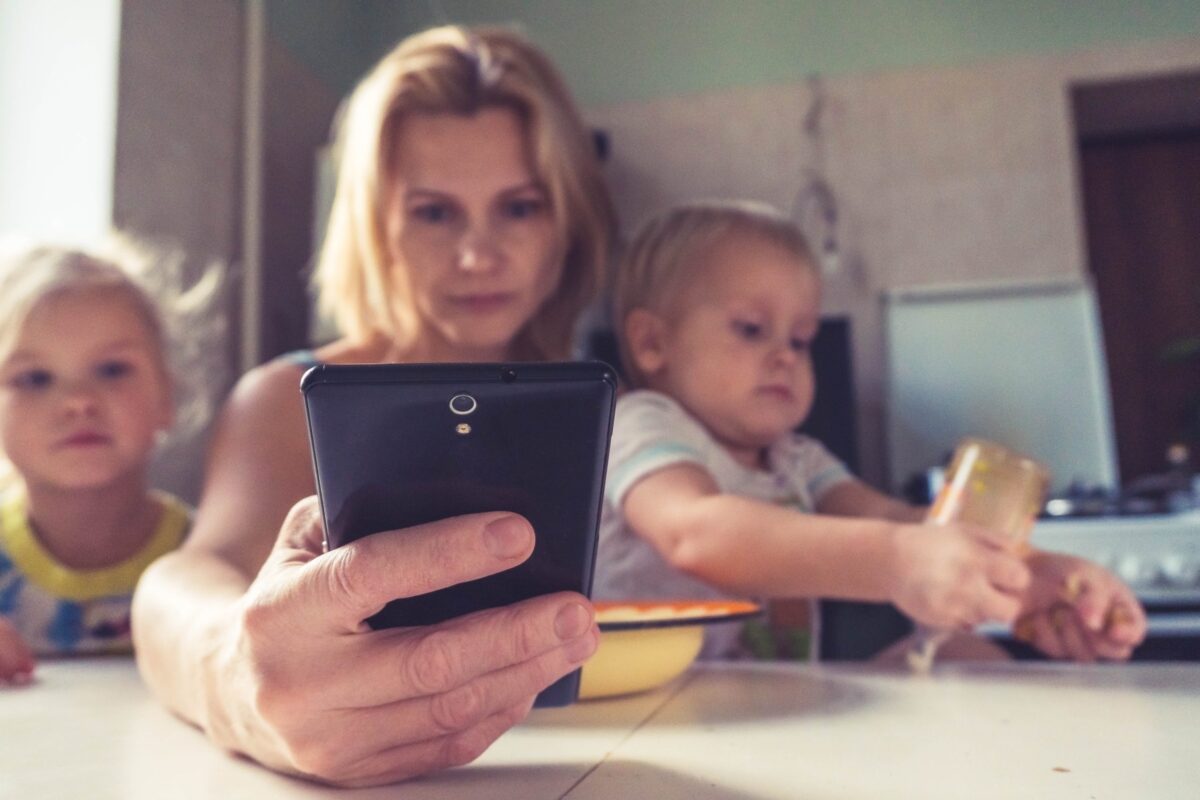No products in the cart.

Dear Katherine,
My three children are 16, 13, and 9. They are all very social, but each child has a different curfew and different rules for social time.
The 13-year-old is very upset that we won’t let her go to a party that ends at 11 p.m. She says that we would let our 16-year-old go to a party like that, which might be true depending on several factors, but our 16-year-old is old enough to have a later curfew.
How can we help our 13-year-old see that she and her older brother are different people and that these are different situations?
Sincerely,
Stuck in the Middle
Stuck in the Middle, this kind of conflict is completely normal in families with more than one child. Younger siblings always want to be just like their older siblings—or, just like their perceptions of their older siblings.

You’re right to have different rules for your children. No two kids are the same. More importantly, what’s appropriate for your 16-year-old isn’t necessarily appropriate for your 13-year-old, and vice versa. I bet your 13-year-old knows that, too, even if she is fighting against it.
Conscious parenting is all about adapting your parenting approach to suit the needs of your unique child. Recognizing that you can’t have the same rules for all your children is a parenting win right off the bat! But how do you get your 13-year-old on board with a decision she doesn’t like?
The best course of action during family conflict is to initiate open parent-child communication.
Explain to your daughter exactly why you don’t want her to go to that party, and ask her why she wants so badly to attend. You may find a compromise that works for both of you, like allowing her to stay out a bit later than normal, or hosting her closest friends at your home instead.
Make sure she knows that you aren’t saying no to assert your dominance but because you care about her safety and happiness. If she can understand that you’re on her side, she’ll be more receptive to listening to you.

It would also be wise to explain why her older sibling has a different set of rules. Have an open conversation about their age difference, and invite her to contribute her opinions.
I know family conflicts are difficult, but above all I encourage you to be sensitive to the needs of your teenager.
Teenagers are especially vulnerable to the three R’s: resistance, rebellion, and retaliation. They crave autonomy. The more you interfere with that need, the more your daughter will push back against your rules. If she’s been included in the conversation, however, and feels she got to collaborate in creating the “rule” then the 3Rs may be avoided completely.
Your daughter wants—and needs—to learn how to manage her own life. Even the smallest compromises can make a big difference in showing her that you trust her judgment. Building trust in the beginning of the individuation process is key for a healthy parent-child relationship throughout her teenage years.
I’m sure you and your children will find the right balance that keeps everyone happy!
















